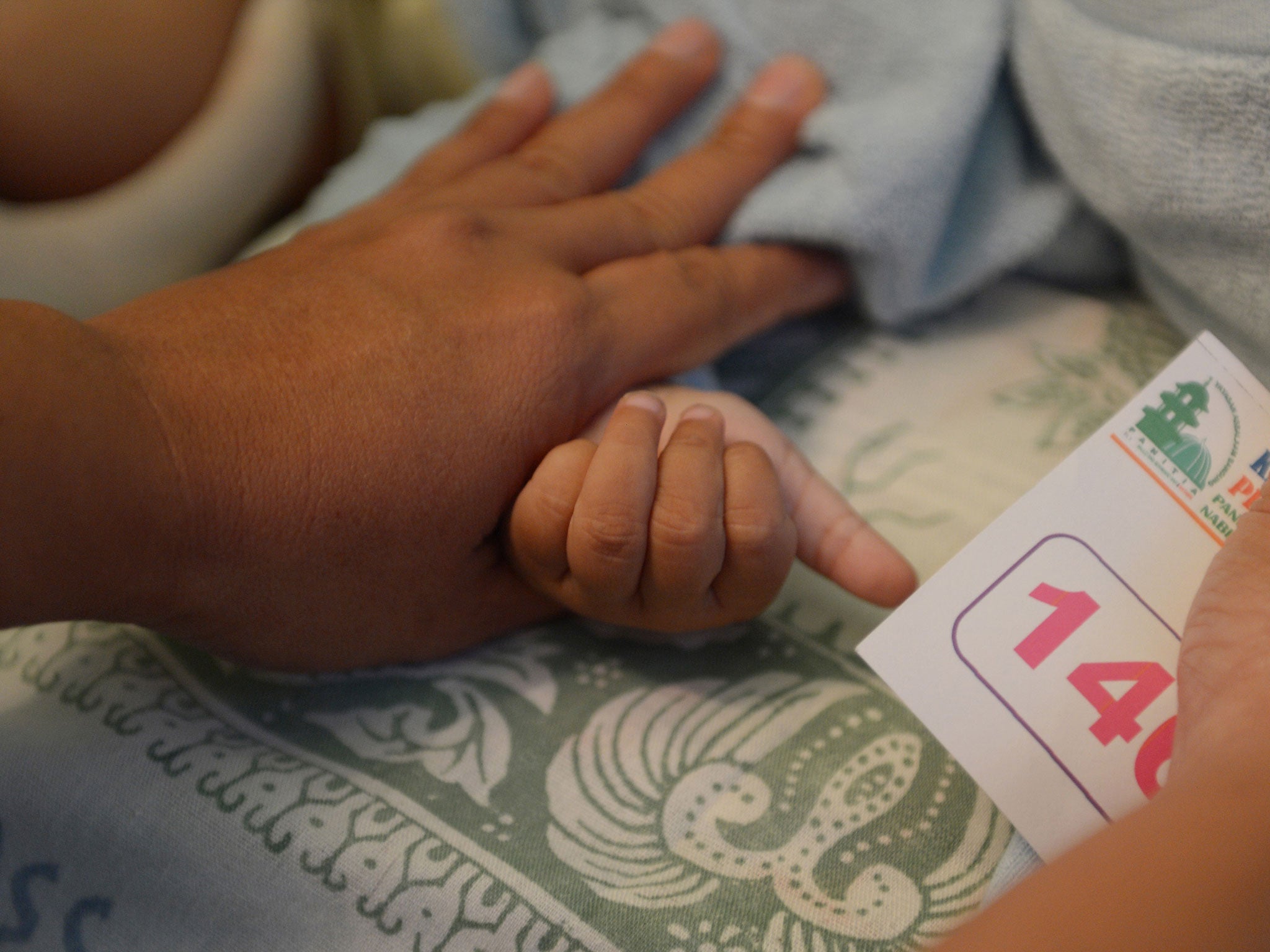Police go back over cases of female genital mutilation
CPS considers using conspiracy charges against perpetrators in bid to bring first prosecution

Police and prosecutors are reviewing hundreds of historic cases of female genital mutilation (FGM) in a bid to bring the first prosecution in Britain since the practice was ruled illegal in 1985. Legal experts are already examining six cases referred by police, and scores more are also being considered. Tens of thousands of women and girls in the UK are believed to have been subjected to the horrifying ordeal, which is also known as "cutting", in which the genitals of women and girls are severed by unqualified people in the belief that it will preserve the victim's virginity. It can result in infections, infertility and, in extreme cases, death.
The move follows widespread concern that UK authorities were failing to address the scandal adequately. In January, The Independent on Sunday revealed, officials were looking for alternatives after failing to bring a single prosecution in more than 25 years – while more than 100 parents and FGM "practitioners" have been convicted in France since 1988.
The review centres on cases which originally failed to meet the prosecution threshold under existing FGM laws. The Crown Prosecution Service (CPS) is now reconsidering those cases under a variety of alternative criminal offences, including conspiracy charges and the Domestic Violence, Crime and Victims Act (which established an offence of causing or allowing a child or vulnerable adult to die or suffer serious physical harm). A CPS spokesman said: "We have been working with police to identify the types of evidence required to support charges under other legislation, including conspiracy charges. In addition the Metropolitan Police will be looking at previous investigations of FGM with the CPS, and whether new action can be taken."
It is hoped that successful prosecutions will act as a deterrent, as well as overcoming cultural sensitivities surrounding the subject. Campaigners say it is prevalent in, but not confined to, African diaspora groups in the UK. Nimco Ali, a founder of Daughters of Eve, which campaigns against FGM and supports survivors, said: "We need to make sure there is a way for young women to come forward. People need to understand this is child abuse."
In a further bid to breach the taboo surrounding the subject, the popular BBC 1 TV hospital drama Casualty last night introduced a storyline which deals with the controversial subject. Scriptwriters on the series worked with FGM pressure groups and young girls to produce the two-part drama, which concludes next Saturday.
The need to combat these agonising procedures was reinforced in a recent European report, which warned that 30,000 women and girls were judged to be still at risk in Britain – the highest number in Europe. The report, by the European Institute for Gender Equality, showed the UK also had the most women – nearly 66,000 – who had suffered FGM.
Efua Dorkenoo, advocacy director of Equality Now, which has been campaigning against FGM for decades, said this latest step was an important development. She said: "We have been looking at what aspects of the law can be used. What we have to do is take away the burden from the children to the parents. Children are not going to come forward with information; we have to get the parents to act."
Jane Ellison, chairman of the All-Party Parliamentary Group on FGM, said: "At present anti-FGM laws are not respected by all, but I believe even one successful prosecution could change that. I am glad, however, that the CPS is also looking at using other laws."
Subscribe to Independent Premium to bookmark this article
Want to bookmark your favourite articles and stories to read or reference later? Start your Independent Premium subscription today.
